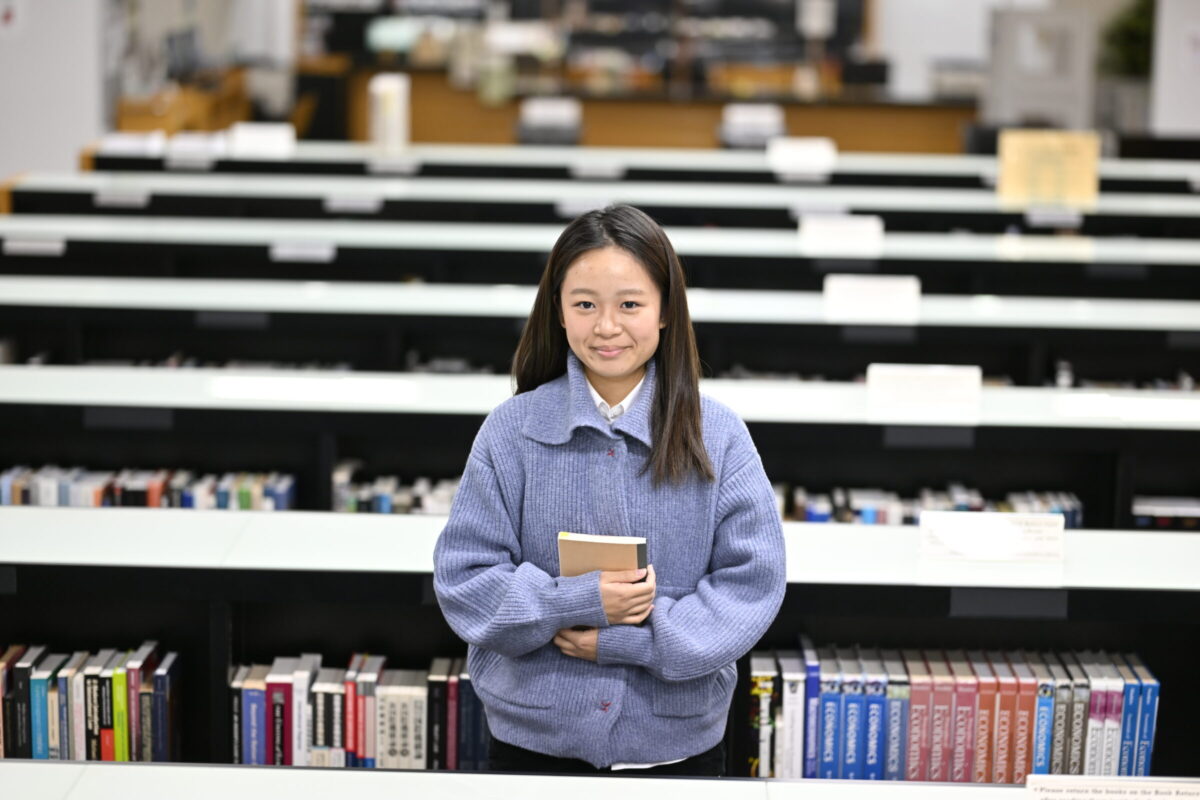Empowering myself to make a difference

July 17, 2025
I want to make a difference, and as I near the end of my undergraduate studies, I am reminded of countless moments of questioning, discouragement and disillusionment, as I majored in International Relations at Waseda University, and campaigned and advocated at the University of California, Davis. Yet, time and time again, my aspirations in diplomacy, advocacy and grassroots persisted. This was why I joined REI. To make a difference and empower others, I was determined to first empower myself.
At REI, I learnt for the first time in depth about common refugee struggles – of legal documentation and state recognition, access to housing, healthcare, employment and education, and most importantly, the consequences of being over-dependent on (misdirected) monetary aid. After all, refugees and Internally Displaced People tend to be peripheral in discussions and/or attention. International Relations theory and classes on humanitarianism, as does mass media, tend to (unsurprisingly) focus on homogenous, majority or numerically larger populations of political and media interest facing humanitarian crises. From a humanitarian perspective, what I appreciate most about REI is its humanising, dignifying and sustainable non-interventional approach to humanitarian support. This approach is seeing long-overdue recognition and adoption in the humanitarian sector. Conventionally, humanitarian actors and the media try to evoke empathy for the poor, pitiful, helpless refugee who relies on foreign donations for survival; REI urges us to support the resilient, optimistic, independent refugees who are determined and have the potential to empower themselves and others.
REI showed me how I can make a difference. I was given the learning opportunity of planning a fundraising event in collaboration with a refugee business. Albeit my failure in materialising the event, this opportunity gave me a taste of fundraising work, an unending journey of trial and error, requiring grit, patience and adaptive creativity. Every day, humanitarian workers face these challenges, as do Jane Best OBE (Executive Director), Yasuko Elison (General Manager) and Mariko Saito (Administration Assistant). By contrast, as I supported REI’s fundraising events, I witnessed firsthand the community REI built around the refugee empowerment cause across decades. Most importantly, I learnt how humanitarian organizations strike a balance between the practicality of raising funds and drawing empathetic support for causes by reminding us of our shared humanity. While promoting REI on social media, I struggled to strike a similar balance. My most impactful learning lessons, however, came from fundraising support, shadowing, and weekly conversations with REI staff. They shared just part of the knowledge and insights they’ve gleaned from their journeys in humanitarian work and at REI, about fundraising, awareness-raising, and especially on bridging and maintaining long-lasting, cross-border friendships – with refugees, refugee leaders, individual and corporate supporters within and outside Japan.
I joined REI because I want to make a difference. Anyone who wants to make a difference, can start somewhere by sharing time and expertise pro bono, as an intern, volunteer or supporter/donor. In any of these capacities, you can be a friend to REI, and join a community of individuals wanting to make some difference in our international society.
Natsumi Tan, intern 2025